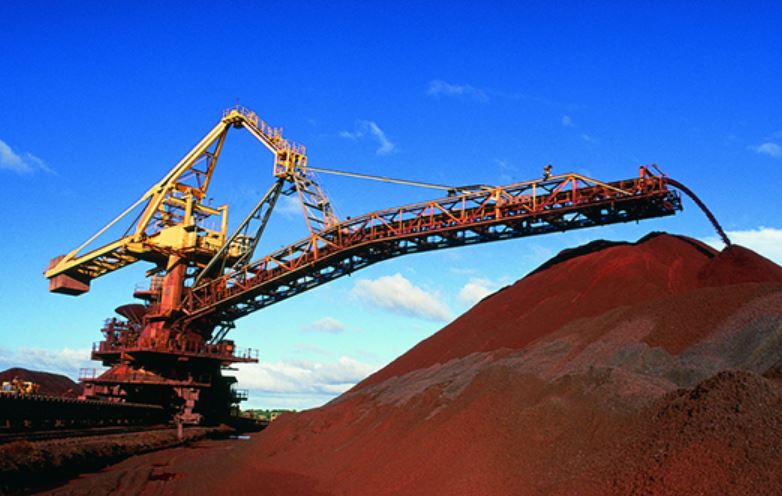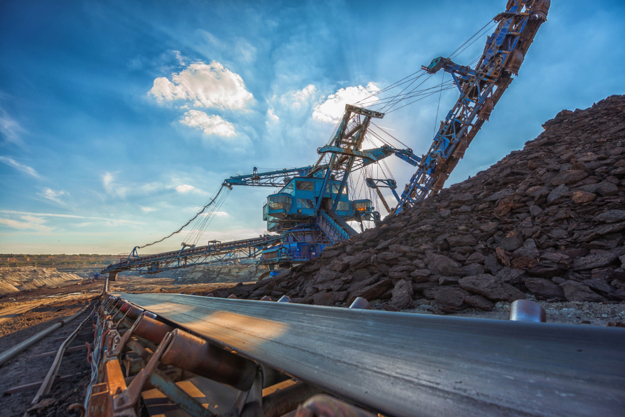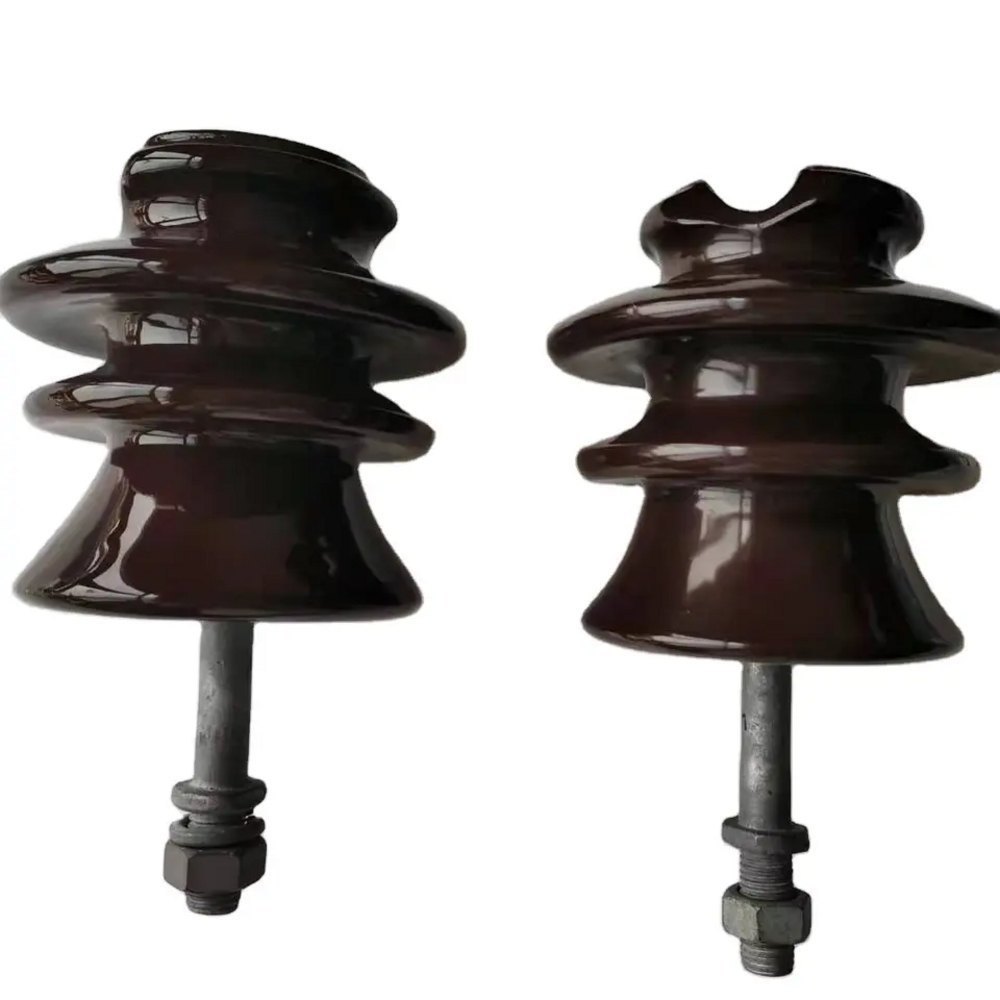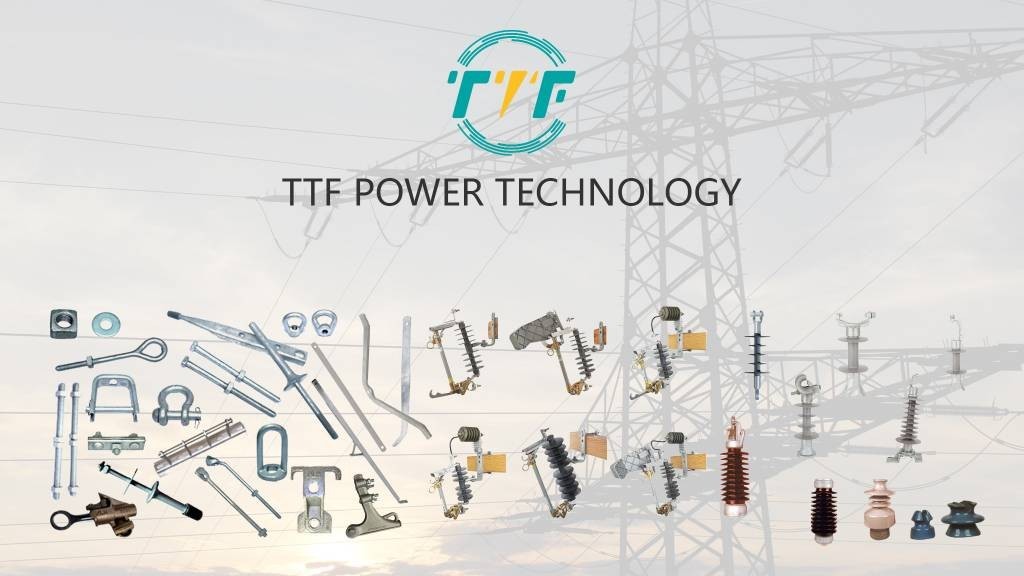
Mining decarbonization goals by Vale and GreenIron in Brazil are intertwined with the energy sector. The mining sector can transform Brazil’s energy landscape by adopting renewable energy, electrification, and innovative technologies. The mining companies aim to reduce reliance on fossil fuels and transition to renewable energy sources for their operations. They aim to achieve 100% renewable electricity usage by the major players. The mining industry can help achieve climate goals by fostering the transition to renewable energy, green hydrogen, and electrification. Mining decarbonization in Brazil leads to renewable energy expansion, technology innovation, job creation, and strengthened global leadership. Pin insulators support power infrastructure used in Brazil’s energy sector.
Pin insulators send electricity generated from renewable sources to mining sites. They enable the electrification of mining equipment such as trucks, drills, and processing plants. This helps to reduce reliance on diesel fuels for operations. Pin insulators prevent electrical current from flowing to the support structure. This ensures the safe and reliable transmission of electricity. This is crucial for the successful operation of electrified mining operations. The insulators are crucial components of the power infrastructure that enables the decarbonization of the mining sector. This contributes to the goal of reducing greenhouse gas emissions from mining operations.
Technologies used in Brazil’s mining decarbonization goals
Brazil’s mining industry is using advanced technologies to reduce greenhouse gas emissions and achieve decarbonization goals. The technologies span renewable energy integration, electrification, emissions reduction, and efficiency improvements. This positions the country as a leader in sustainable mining practices. The following are the key technologies driving this transition.

- Renewable energy technologies—mining operations in Brazil can be powered by renewable energy sources.
- Green hydrogen technology—green hydrogen is crucial to decarbonizing iron ore processing and steel production. Advanced storage and transportation systems are being developed to ease the use of hydrogen in mining and export markets.
- Mining equipment electrification—battery-powered trucks are being deployed in open-pit mining operations. Vale’s EFC uses electrified systems for ore transport, minimizing emissions.
- Digital technologies automation—digitalization enhances energy efficiency, reduces emissions, and optimizes resource use. The use of smart grids, IoT sensors, and AI and machine learning helps in mining decarbonization.
- Hybrid energy systems—combining renewable sources and energy storage—improve reliability and sustainability. This helps mining systems balance the strengths of different renewable sources to ensure continuous power flow.
Significance of pin insulators in mining decarbonization in Brazil
Pin insulators are crucial in electrical transmission and distribution systems supporting Brazil’s mining decarbonization efforts. The insulators ensure the safe and efficient delivery of electricity to power mining operations. Vale and GreenIron collaboration can help transition to cleaner and more sustainable energy sources. This will help maintain the reliability and safety of the systems. Here are the main functions of pin insulators in mining decarbonization.

- Supporting renewable energy transmission—pin insulators serve in power lines to support and insulate the electrical conductors. The insulators ensure efficient energy delivery to remote mining areas.
- Enhancing grid reliability—pin insulators reduce the risk of short circuits, ensuring uninterrupted power supply. They are also able to withstand extreme weather, heavy mechanical loads, and corrosive environments.
- Electrification of equipment—decarbonization efforts include replacing diesel-powered equipment with electric solutions. The insulators support the infrastructure needed to deliver electricity to the machines.
- Renewable energy integration—pin insulators protect workers and equipment from electrical current. This ensures safety during the integration of renewable energy into mining operations.
- Smart grid systems—pin insulators contribute to the integration of renewable energy with battery storage and microgrid systems.
Key barriers to mining decarbonization in Brazil
Brazil’s mining sector is undergoing a transition toward sustainability and decarbonization. This shift presents various challenges that could impact the pace and effectiveness of achieving its climate goals. TTF Power provides equipment needed to construct infrastructure needed for mining decarbonization. TTF is a world-class global provider of high quality overhead line hardware, transmission hardware, distribution hardware, conductors, insulators, cutout Switches, anchoring and grounding products. These challenges include:

- High capital investments—investing in renewable energy needs much capital, which can be difficult for mining companies to access.
- Reliability of renewable energy—the intermittent nature of renewable energy sources can create challenges in maintaining a stable power supply to mining operations.
- Remote mining sites—isolated operations make it challenging to access renewable energy.
- Climate resilience—mining operations in Brazil must endure climate change on their operations and infrastructure.
- Regulatory and policy challenges—Brazil’s regulatory landscape involves many levels of government. This can slow down renewable energy project approvals.